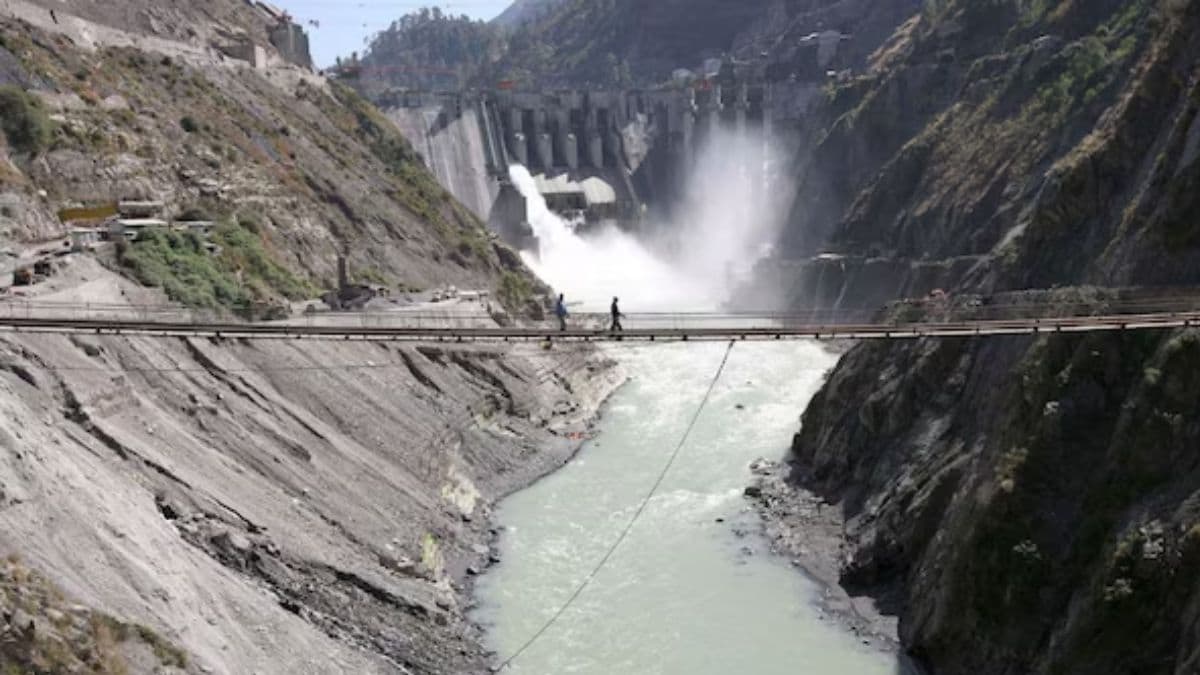

India has strongly rejected the "supplemental award" issued by the Court of Arbitration (CoA) regarding the Indus Waters Treaty (IWT) of 1960, calling the court "illegal" and its actions a "brazen violation" of the treaty. The Ministry of External Affairs (MEA) has declared that India does not recognize the CoA's legal standing and considers its proceedings and decisions to be void. The dispute concerns the Kishenganga and Ratle hydroelectric projects in Jammu and Kashmir.
India has clarified that the constitution of the CoA itself is a serious breach of the IWT, thus rendering any proceedings before it illegal. The MEA emphasized that India has never recognized the CoA's existence in law.
This firm stance follows India's decision to place the IWT in "abeyance" after a terror attack in Pahalgam. India has stated that the treaty will remain suspended until Pakistan ceases its support for cross-border terrorism in a credible and irreversible manner. The MEA has asserted that India is no longer bound by its obligations under the treaty until Pakistan eliminates its terror infrastructure.
India has accused Pakistan of using the CoA as a "fabricated arbitration mechanism" to deflect attention from its role as a global epicenter of terrorism. India maintains that Pakistan's resort to this arbitration is a tactic to evade accountability for its actions.
The CoA, based in The Hague, stated that the IWT does not have a provision for unilateral suspension and that the court has jurisdiction over disputes. However, India has dismissed this ruling, asserting its sovereign right to suspend the treaty in light of Pakistan's continued support for terrorism.
The Indus Waters Treaty, brokered by the World Bank in 1960, governs the sharing of water resources between India and Pakistan. Recent reports suggest that India has taken punitive action by restricting water flow to Pakistan's Punjab region. The treaty allocated control of three western rivers (Indus, Jhelum, and Chenab) to Pakistan and three eastern rivers (Ravi, Beas, and Sutlej) to India.
The current situation has brought the treaty into a legal grey zone, with India signaling its desire to modify the treaty due to changing weather patterns, increased water demand, and terrorist activities. India has reportedly made multiple requests to Pakistan to address these issues, but progress has been limited.